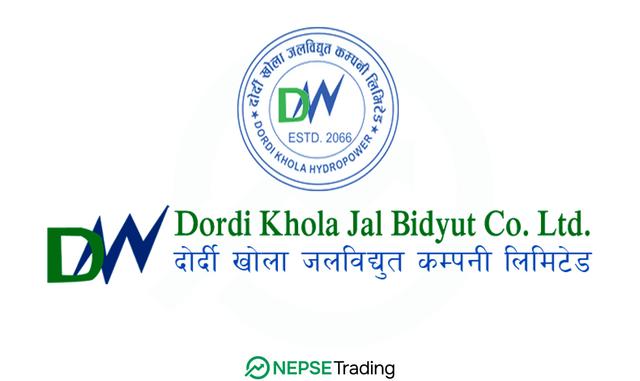Understanding Mutual Funds and NAV in the Context of NEPSE
Author
NEPSE trading

Before purchasing any item, checking its actual value is a human instinct. Whether it's basic household items or luxury goods, we compare prices before making an investment decision. This is also true when entering the stock market; the first thing that comes to mind is whether the stock is cheap or expensive. This mindset also applies when selecting mutual funds. Before investing in mutual funds, you can check the market price or Net Asset Value (NAV).
What is the NAV of a Mutual Fund?
When considering investing in mutual funds, you will frequently encounter the term NAV. By definition, NAV is the actual per-unit value of a mutual fund, also known as Net Asset Value. This value forms the basis for buying and selling mutual fund units.
Unlike stock prices, which can change with every transaction, the NAV of a mutual fund is calculated daily. At the end of each trading day, after making necessary adjustments, the NAV is calculated based on the final value of all the securities owned by the mutual fund scheme.

This formula provides the per-unit NAV, reflecting the true value of each mutual fund unit.
Difference Between Stock Price and NAV
NAV represents the price investors must pay for a mutual fund unit. However, it should not be compared to the stock price. Stock prices fluctuate based on market demand. When demand for a stock increases, its price goes up, and when demand decreases, the price goes down. In contrast, NAV is not influenced by market demand and supply. It represents the book value of a mutual fund unit.
Stock prices are generally determined by the expected growth of the company and other factors, making the stock price a significant factor in investment decisions. This does not apply to the NAV of mutual funds.
Advantages of Mutual Funds:
1. Disciplined Investment:
SIP encourages investors to regularly invest a fixed amount, ensuring disciplined investment.
2. Rupee Cost Averaging:
Regular investments help average out the cost, buying more units when prices are low and fewer units when prices are high.
3. Compound Interest Benefit:
Regular investments allow the benefit of compound interest over time, aiding long-term wealth creation.
4. Flexibility:
SIP provides flexibility in investment amounts and frequencies, allowing investors to adjust according to their financial situation.
5. Accessibility:
SIP allows starting with small amounts, making it accessible to a wide range of investors.
6. Diversification:
Mutual funds invest in a variety of securities, reducing risk and increasing returns.
7. Professional Management:
Mutual funds are managed by experienced fund managers who make investment decisions on behalf of the investors, ensuring maximum returns.
8. Liquidity:
Mutual fund units can be easily bought and sold at their NAV on any trading day, providing liquidity.
9. Transparency:
Mutual funds regularly update their holdings, performance, and expenses, helping investors track their investments and make informed decisions.
10. Regulation:
Mutual funds and SIPs are regulated by bodies like SEBON and NEPSE, ensuring transparency, investor protection, and adherence to standards.
Steps to Start SIP:
1. Select a Mutual Fund Scheme:
Choose a mutual fund scheme based on your financial goals and risk tolerance.
2. Determine SIP Amount and Frequency:
Decide the amount you want to invest and the frequency (monthly, quarterly, etc.).
3. Complete the Application Form:
Fill out the SIP application form with necessary details such as SIP date, investment amount, tenure, and payment method.
4. Submit the Form and Start Investing:
Submit the completed form to the mutual fund company and start investing regularly.

Conclusion:
Investing in SIP through mutual funds is an excellent way for Nepalese investors to build wealth over time. SIP offers a disciplined, systematic, and flexible investment approach, reducing risk and providing compound interest benefits. The regulation and transparency provided by SEBON and NEPSE give investors confidence in SIP investments. Whether you are a new investor or an experienced one, SIP helps you navigate market volatility and ensures steady growth in your investments.



